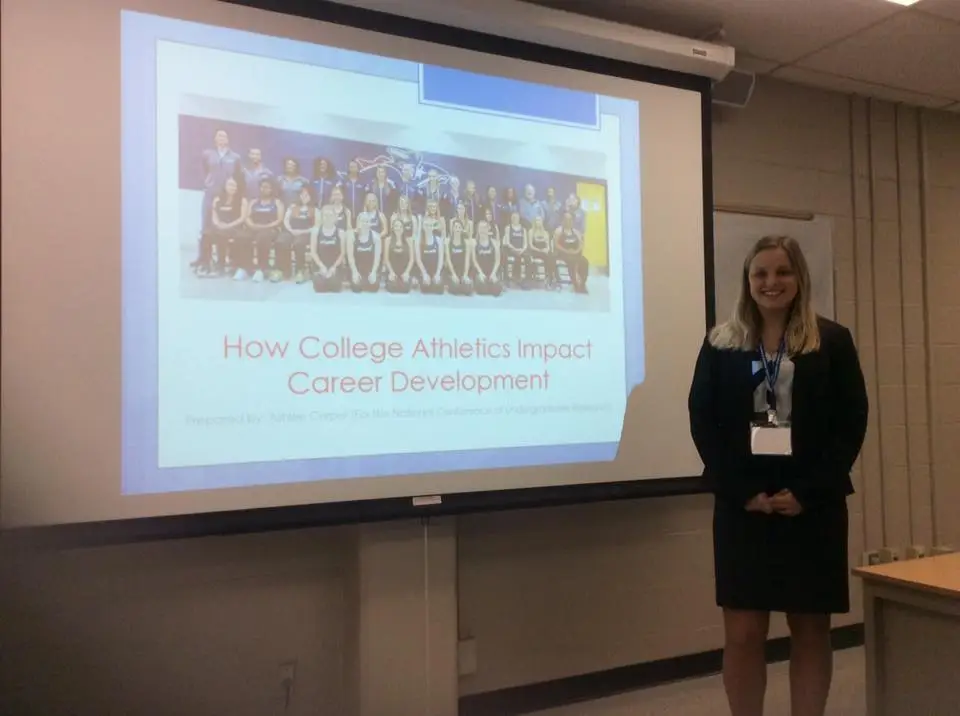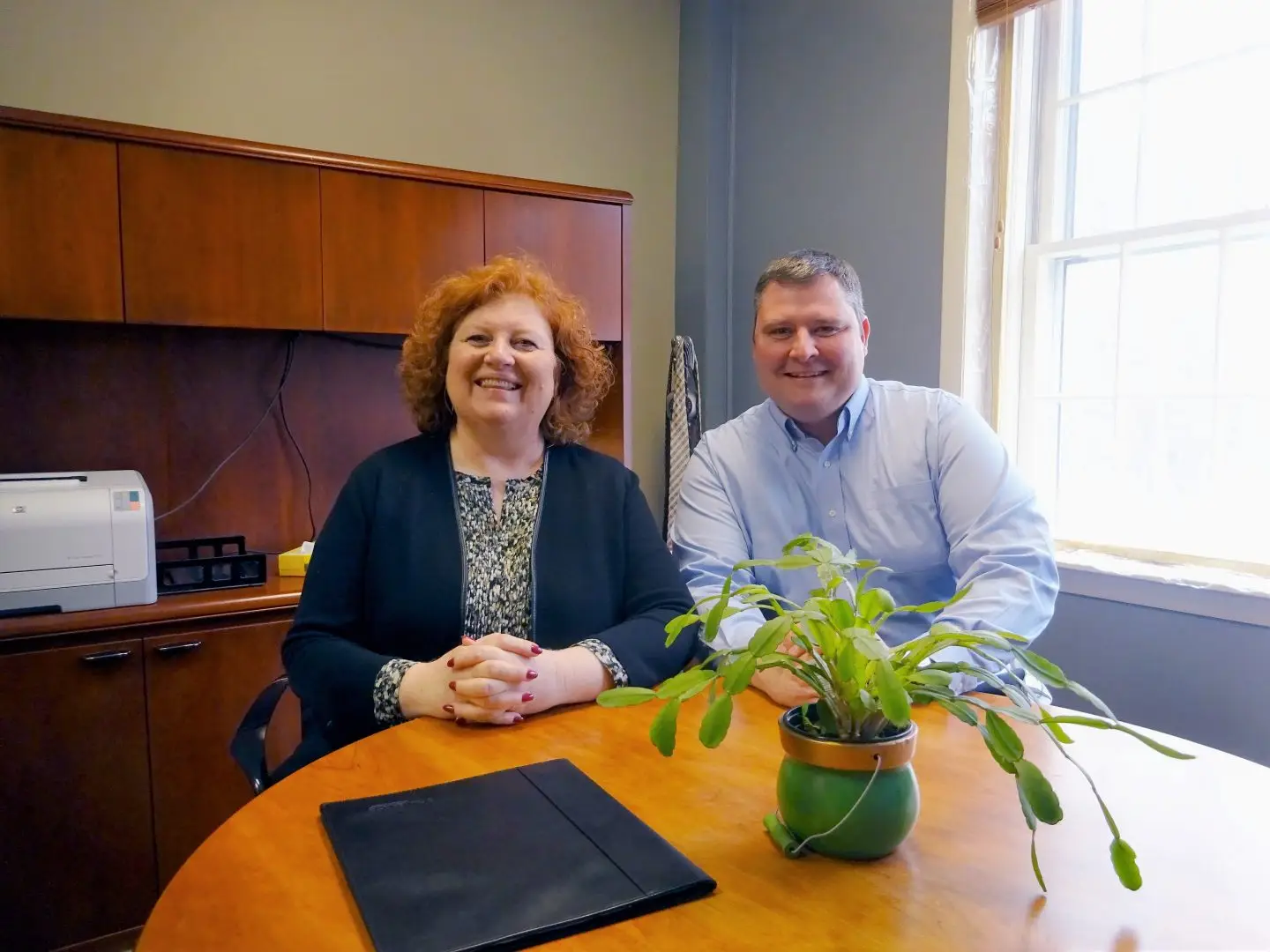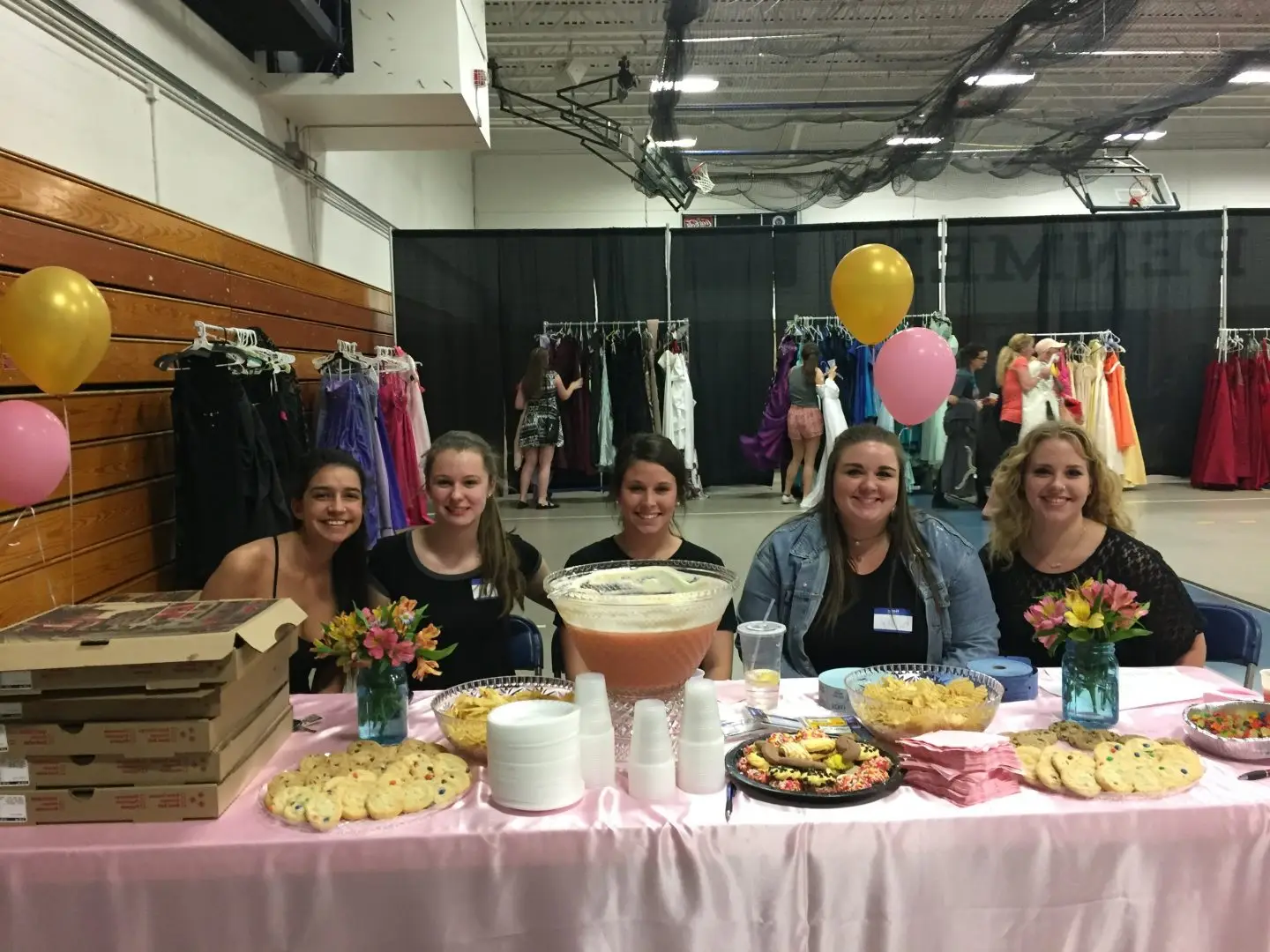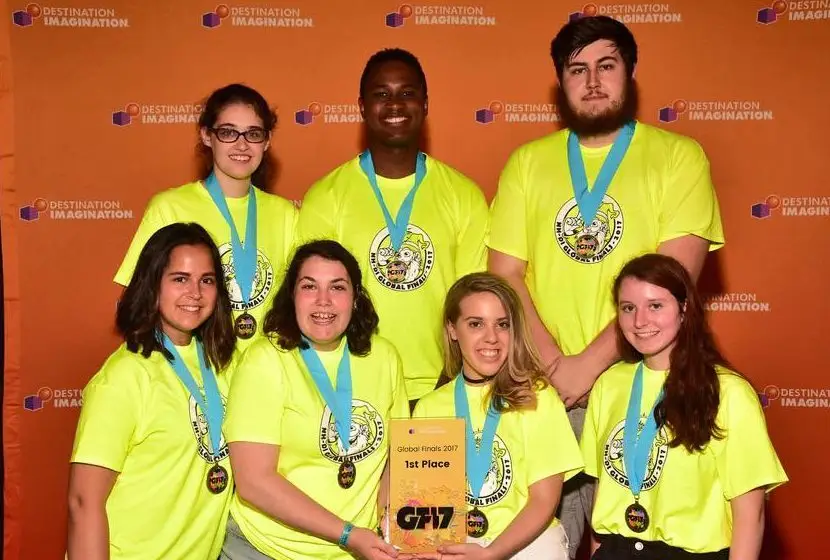In a new addition to Undergraduate Research Day, students have the ability to engage in research based on case studies in the case competition. Some cases were written by faculty at SNHU and other cases were obtained from case bases from another university.
Dr. Karen Stone, a Professor of Marketing in the School of Business, as well as a member of the undergraduate research committee, presented some information about the thought process behind the added component of the case competition.
“The point of the cases was to have a multidisciplinary situation presented to students, so that way students could approach working on a solution to the problem presented by the case as a team. We’re trying to replicate what goes [on] in the real world where people have to come together with a variety of talents and expertise to figure out a solution.”
Students were shown the case studies available at the end of last semester, in order to give participants in undergraduate research day the choice to do something different. If a student or group of students wishes do their own project not based on the cases presented that is still a possibility.
For students interested in getting involved with Undergraduate Research Day, all they need to do is submit a project proposal. Once a project proposal submission is accepted, the next step is to communicate the results found during the research either through an oral or poster presentation on undergraduate research day.
The deadline to submit proposals is February 15. students can submit their proposals with the link found on the SNHU portal on Blackboard labeled “Undergraduate Research.”
However, the submission is not the entire detailed project. Rather, the submission proposal requires an abstract for the project as well as some preliminary information.
Once a proposal is submitted, a subcommittee of the undergraduate research committee will evaluate what’s submitted. The goal of the evaluation is to ensure that submitted proposals adhere to the general guidelines of the undergraduate research committee.
One necessary requirement for an undergraduate research project to be accepted is a focus to the research, meaning the research methodology can be identified. The methodology can be based on collecting and analyzing secondary research, or collecting primary research with the accompanying analysis, or even a combination of the two.
The subcommittee will also look to see if each participant and group of participants has a faculty mentor.
A majority of participants proposals are usually accepted after the week-long evaluation process is finished.
“It’s rare for submitted proposals to not be accepted,” Dr. Stone explained.
Once in a while, clarification about an aspect of the proposal will be requested before a final decision is made.
Another change for this year is that the “Work in Progress” session, projects with unfinished research, can present on undergraduate research day, but they will not be judged. Instead, feedback will be provided for future improvement and development. Since these projects aren’t finished, it was deemed impractical to award them a specific ranking like first place, second place, etc.
Dr. Eklou R. Amendah, the director of undergraduate research, highlighted the work in progress presentations.
“These presentations are only open to freshmen, sophomores and juniors.”
Students with completed projects can present either an oral or poster presentation. Oral presentations are expected to include PowerPoints, but other methods like Prezi have been used in the past to accompany a 10-minute speech.
Poster presentations each last for an hour, where students will stand by their work to answer questions. As an institution, SNHU will print posters in the Makerspace area free of charge.
Participation in Undergraduate Research Day also offers opportunities beyond SNHU. Many careers require employees to know how to investigate a problem, gather information to use towards solving the problem and then analyze the information. Students can use their experience in Undergraduate Research Day as factual evidence to display to potential employers that they already know how to carry out these skills.
Another option open for students participating is publishing a summary of their research projects in an academic journal published by the undergraduate research committee.
There is also the option for students to submit their research projects to the National Conference on Undergraduate Research (NCUR). For anyone that wants to share a project on a more national level, attending this conference will give anyone interested the chance to experience a more national centered competition; submission deadlines, however, have passed.
Students who have their projects accepted by NCUR will have their projects funded by the university. According to Stone, attending the national conference can be difficult as it happens to fall on the same day as SNHU’s own Undergraduate Research Day, creating a tricky travel dilemma.
A dinner celebrating the undergraduate research journey has been traditionally held, following the presentations, in the Dining Center Banquet Hall. Dinner attendees include student researchers, family members and friends invited as guests by the student researchers, faculty mentors, members of the committee, and university administrators.
At the dinner, the first and second place winners for both the poster presentations and the oral presentations are announced. If enough submissions for the case studies are submitted, the winners of the case study competition will also be announced.
Those interested in participating in Undergraduate Research Day who may have further questions can reach out to Dr. Amendah at e.amendah@snhu.edu.




